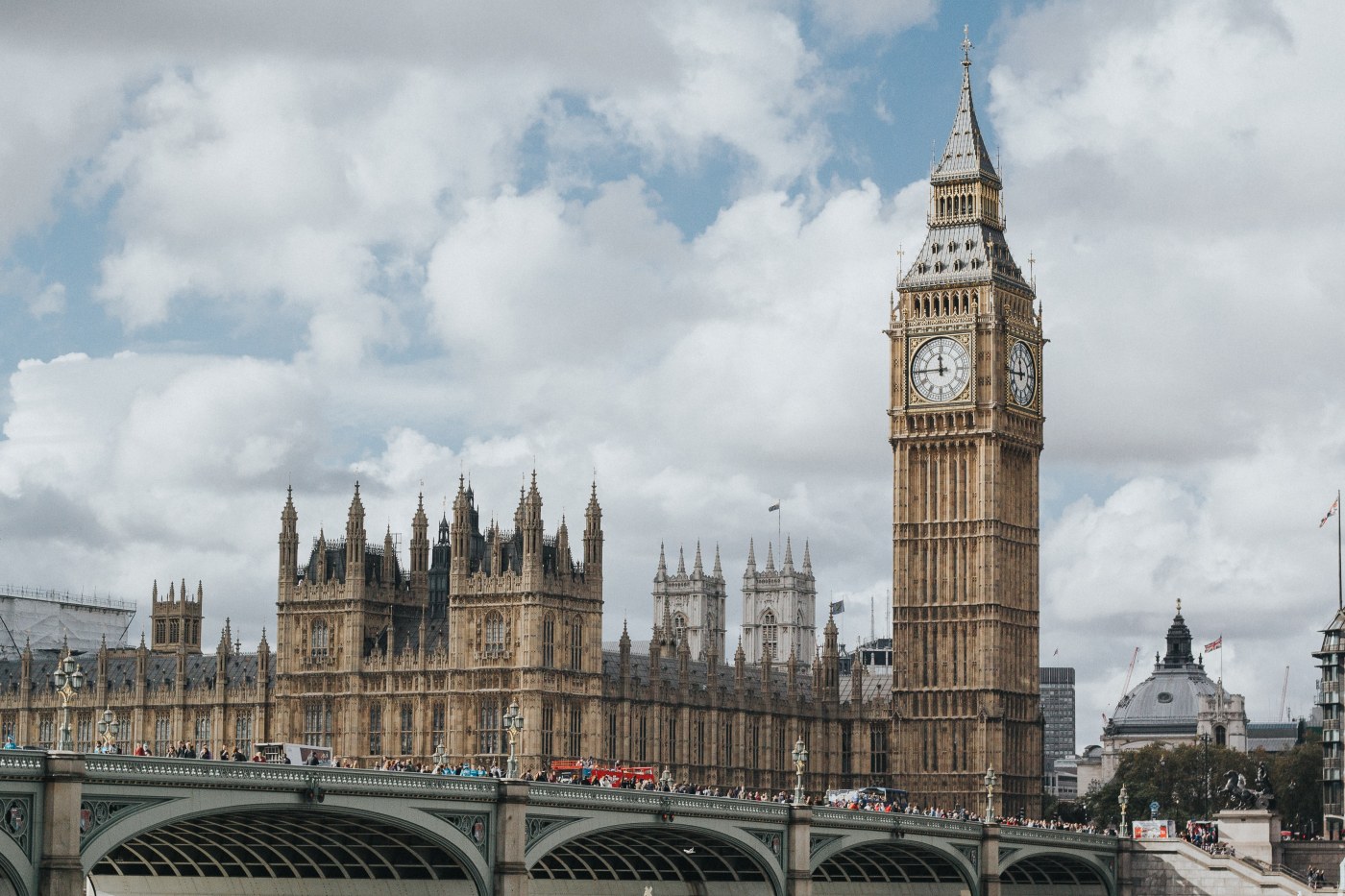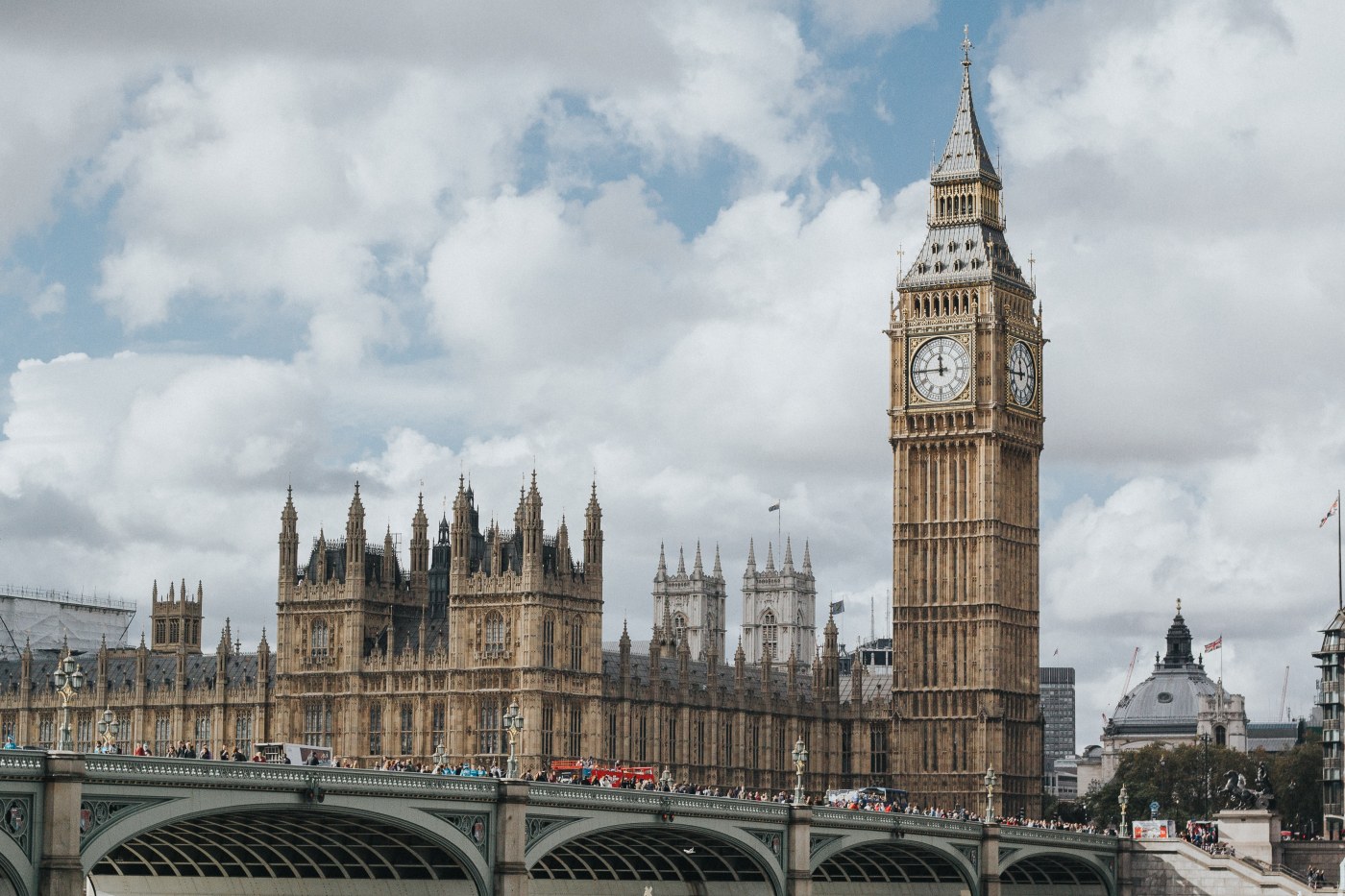
Broken State
In shocking news to us all, it was revealed, this week that our government was almost comically badly run during the pandemic. We say ‘almost comically’ because when one sets aside the mutual loathing, the hairdryers up the nose, the karaoke parties and the ‘useless f**kpigs’ - in the end, quite a lot of people died.
The purpose of the public inquiry is to understand how the UK performed during the crisis, what went wrong and how we might do better in the future. It would be in keeping with the usual style of these notes to focus on the light, rather than the shade. But we will leave gossip about who hated who and what people WhatsApped when, to Britain’s esteemed political correspondent class. Because what we are hearing in the evidence is a story far darker and far more problematic than anything in Dominic Cummings’ outbox.

This country’s machinery of government is utterly broken. It was broken before the pandemic - which is why we didn’t do the planning we said we had done, didn’t have the bandwidth to cope and didn’t have the capabilities to make good decisions. Covid-19 is not the cause of our shambolic state, it merely revealed it.
This is, to put it lightly, a bit of a problem. No matter which Party wins the next election (it will be Labour) the challenges that face us as a country are profound and stark. We are poorer than we once were, we are more isolated than we once were, our public services are at breaking point and the world is a scarier place than it once was. Changing any of this for the better would be incredibly hard at the best of times and with the best of tools. But the tools the next government will inherit are not the best, they are - as we say - broken.
What is to be done? Well, it is clear that Keir Starmer is not naive to the scale of the issues. That is one reason for his recruitment of Sue Gray as his factotum-in-chief. No-one understands the British state as clearly as Gray. Starmer hopes that she will provide a framework for rescuing it from the rot that has hollowed it out. This is also why you will hear the most prominent Starmerites talk about changing the structures of our civil and public services - not just because there is too little money to do much else but because they are aware that money would not, alone, solve the many problems that plague us.
The painful truths emerging from the inquiry are also, in a roundabout way, the motivations for Rishi Sunak’s AI jamboree this week. Firstly, generously, because the Prime Minister has seen first hand that we must get better of getting out in front of known existential risks and planning for them better. Second, less generously, because faced with his inability to get anything done it is much more palatable to chat about things which haven’t, yet, gone badly wrong.
Governing is difficult even when you have an army of diligent, competent and well administered bureaucrats to enact your will. Without them, it is impossible. The priority, then, for whoever is in charge next (it will be Labour) must be to properly and ruthlessly fix the British state. Without that job of work nothing else will be accomplished. And, in any of a dizzying array of worst case scenarios, without that work we are all left highly and frighteningly vulnerable to the acts of gods of machines.
As Elon Musk might have told the Prime Minister - reflecting on their mutual recent experience of presiding over once mighty brands that are now falling apart - it’s hard to fix something that you, yourself have broken. That’s why, for all the distracting political flummery of recent weeks and with all the usual caveats, we know, really, who will form the next government. It will be Labour. Whether they can then repair the damage in order to do anything with the power they will - in theory - have won is another question. Even ChatGPT can’t answer that one, yet.